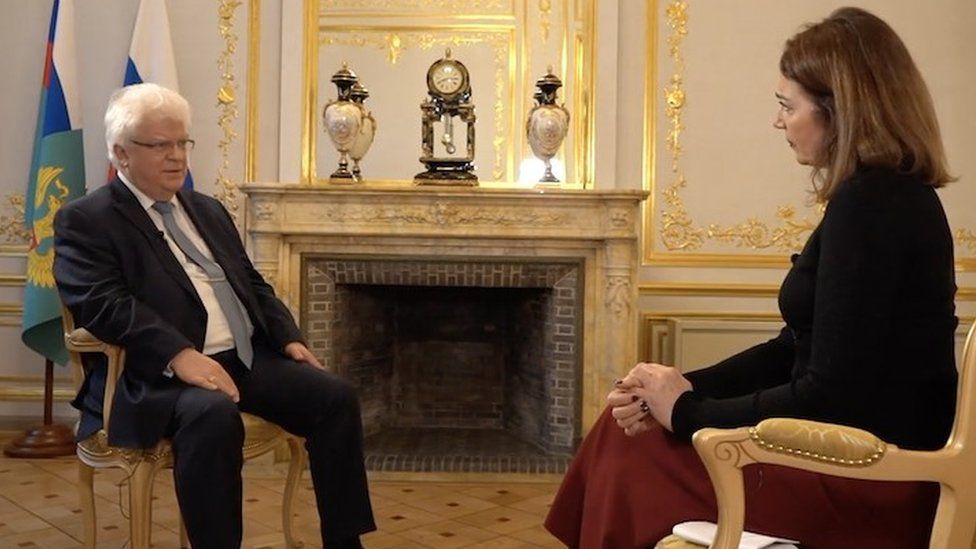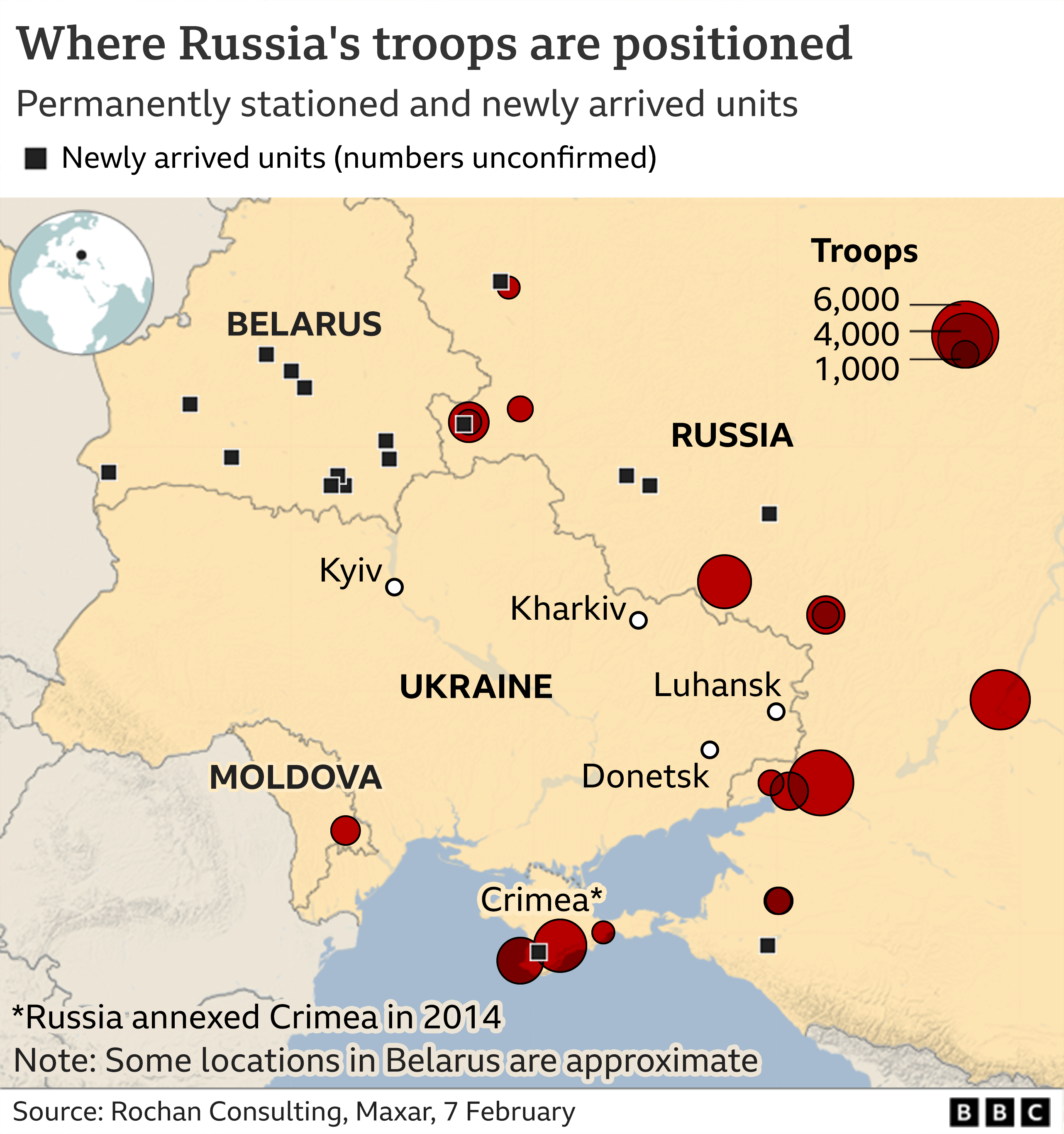Military prosecutors have called for a 30-year jail term against Burkina Faso’s former president Blaise Compaoré for the 1987 murder of his predecessor, revolutionary leader Thomas Sankara.
The closely-followed trial taking place in Ouagadougou is nearing a climax as the Burkina Faso continues to falter from its latest coup d’état, following popular anger over jihadist attacks in the country.
On Tuesday, prosecutors asked the military court in the capital to find Compaoré, who fled to Côte d’Ivoire in 2014, guilty on several counts.
Accused of masterminding the assassination, Compaoré is being tried in absentia on charges of attacking state security, concealing a corpse and complicity in a murder.
At the request of the defence, the trial has been adjourned until 1 March.
Revered among African radicals, Thomas Sankara was an army captain aged just 33 when he came to power in a coup in 1983.
The Marxist-Leninist fire-brand railed against imperialism and colonialism, often angering Western leaders but gained followers across the continent and beyond.
He and 12 of his colleagues were gunned down by a hit squad on 15 October, 1987 at a meeting of the ruling National Revolutionary Council.
Their assassination coincided with a coup that brought Sankara’s former comrade-in-arms, Compaoré, to power.
Compaoré went on to rule Burkina Faso for 27 years before being deposed by a popular uprising in 2014 and fleeing to neighbouring Côte d’Ivoire.
Fourteen people stand accused in the trial, 12 of them appearing in court.
Most have pleaded not guilty.
The prosecution has also requested 30 years in jail for the commander of Compaoré’s presidential guard, Hyacinthe Kafando, who is suspected of having led the hit squad. He is also being tried in absentia.
It sought a 20-year sentence for Gilbert Diendere, one of the commanders of the army during the 1987 coup and the main defendant present at the trial.
He is already serving a 20-year sentence over an attempted military coup in 2015.
Mariam Sankara, the slain ex-president’s wife, welcomed the prosecution’s plea.
“We’ve been waiting for years,” she said.
Now “we’re waiting for the final verdict.”
In its closing statement on Tuesday, the prosecution recounted the day Sankara was killed.
It read that when Sankara headed to the National Revolutionary Council meeting, “his executioners were already there”.
According to the prosecution’s version of events, once Sankara entered the meeting room, the hit squad burst in, killing his guards.
“The squad then ordered president Sankara and his colleagues to leave the room. They would then be killed one by one,” the prosecution said.
The prosecution also urged prison sentences ranging from three to 20 years for five other defendants, as well as an 11-year suspended sentence for another.
It has however sought the acquittal of three of the accused because of lack of evidence and the expiration of a statute of limitations.
The trial was already briefly suspended after the 24 January the elected president, Roch Marc Christian Kabore was overthrown by the military.
The trial resumed last week when coup leader Paul-Henri Sandaogo Damiba restored the constitution.












